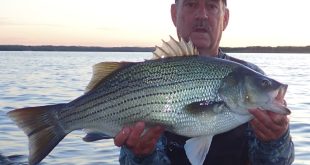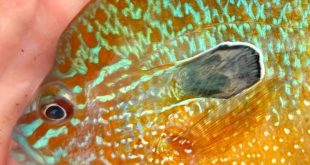The holiday season is upon us and the arrival of 2024 is just around the bend.
The holiday period with the new year beckoning gives us a segue to pause and reset, recharge and re-focus our energies. In all sincerity, this season coupled with the new year allows us to curb our bad habits, improve ourselves, change our outlook on life to a positive one and see how we can make a difference.
As avid outdoors-persons, this time of year affords us an opportunity to consider giving back to the outdoor community and natural world in the forms of our time, talent and treasure. And let me tell you, it’s very, very rewarding!
So, as an outdoor enthusiast, what can you do, how can you help in 2024?
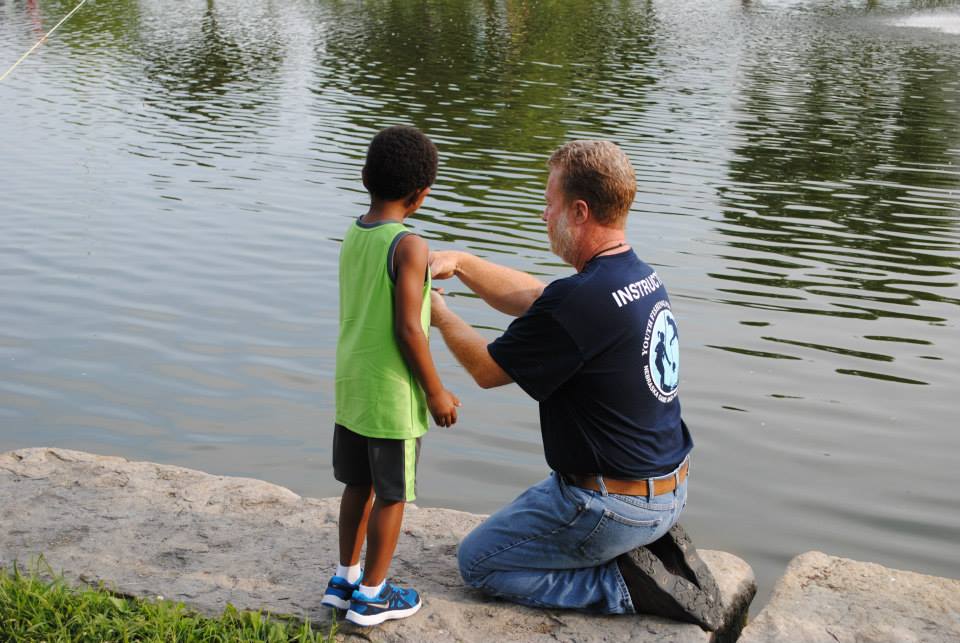
Here are three easy ways and and a slew of ideas for you to think about when making your ‘outdoor’ resolutions for the new year:
1. Volunteer. There is an array of wonderful, worthwhile volunteer programs available where you could get officially certified to assist individuals with learning outdoor activities through the Nebraska Game and Parks Commission. Think about your passion when you step outside!
You could become a safety education instructor for firearm hunting, archery hunting or boating. You could become a mentor in a particular hunting program. You could become a campground host, or a general parks volunteer in the Nebraska state park system, like me. You could become a youth fishing instructor. You could become a Master Naturalist via the University of Nebraska-Lincoln (UN-L).
As an educator, you could become involved with Project WILD — A unique, interdisciplinary, hands-on learning approach and curriculum for youth that applies key wildlife conservation and environmental education concepts. If you’re an educator, you could also participate in the Nebraska Trout in the Classroom program. This is also an interdisciplinary, science-based program that invites classrooms and schools to explore aquatic ecosystems, life cycles, water quality and the scientific process through raising trout eggs in their classroom.
For any of us, we could join one or more of the many fine non-governmental, nonprofit conservation organizations (e.g Pheasants and Quail Forever, Ducks Unlimited, National Wild Turkey Federation, Nebraska Bass Federation, Trout Unlimited, Nebraska Walleye Association, etc.).
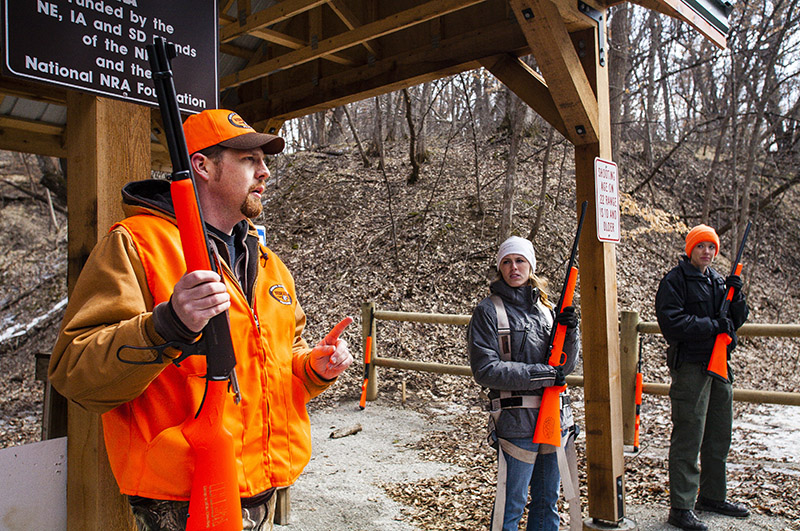
2. Mentor/Coach. Take someone new under your wing and mentor/coach them in an outdoor recreation lifestyle, especially someone who does not look or act like you!
Mentoring or coaching consists of a long-term relationship directed at supporting the growth and development of the mentee.
There is such enjoyment and a sense of accomplishment when veteran hunters, trappers, anglers, boaters, campers, hikers, bikers, horseback riders and bird watchers with many years of experience share their wealth of knowledge and expertise with someone completely new to the outdoor lifestyle, particularly youth.
Bringing a first-time hunter to the field, for example, is not only a rewarding venture, but it can also help a seasoned hunter pick up new things. Having to break down aspects of the hunt that seem second nature can force the longtime hunter to realign on the simple things which may have been overlooked or are missing.
Remember, whether they are family members, close friends, neighbors or mere acquaintances, mentoring/coaching newcomers in outdoor activities provides not only fun, pleasant lifelong memories for them, but the opportunity for you to reinvest in the outdoor recreational culture and help ensure a good future for conservation. The lessons taught in mentoring and coaching build a better understanding and appreciation of our natural, cultural and public resources.
Reflect for a moment, didn’t someone mentor or coach you in your favorite outdoor activity?
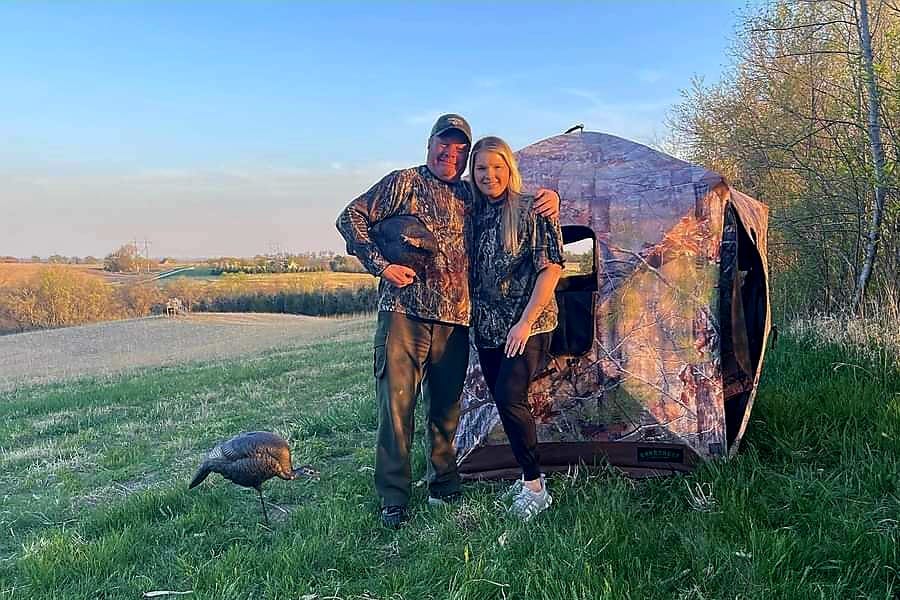
3. Donate. Money matters and every dollar counts for funds that solely run on donations! There are three funds in Nebraska that help people and wildlife that are in major need of tax-deductible monetary donations from you.
They are the Hunters Helping the Hungry (HHH), Wildlife Conservation Fund (WCF) and Wildlife Crimestoppers (WC).
Hunters Helping the Hungry is a program where hunters may donate whole, field-dressed adult deer at participating meat processors to be distributed by charitable organizations, homeless shelters and food pantries to those in-need statewide. The participating processors are paid through cash donations to the program to professionally process deer donated by hunters. This fund remains low.
The Wildlife Conservation Fund allows donations to made directly or on your Nebraska State Income Tax form. This fund greatly helps those at-risk wildlife species considered non-game, or those that are not hunted, trapped or fished for. Donated dollars have big impact, since Wildlife Conservation Fund monies are matched with other grants, so that a dollar donated in the WCF actually becomes 4 dollars for assisting wildlife.
Wildlife Crimestoppers is a cooperative wildlife law enforcement program sponsored by the Nebraska Game and Parks Commission and Nebraska Wildlife Protector’s Association. Its purpose is to protect wildlife from illegal poaching. Wildlife Crimestoppers is similar to the well-known Crime Stoppers program and offers rewards for information resulting in charges filed for game law violations. Donations are always needed and continually being sought for the reward fund of the program.
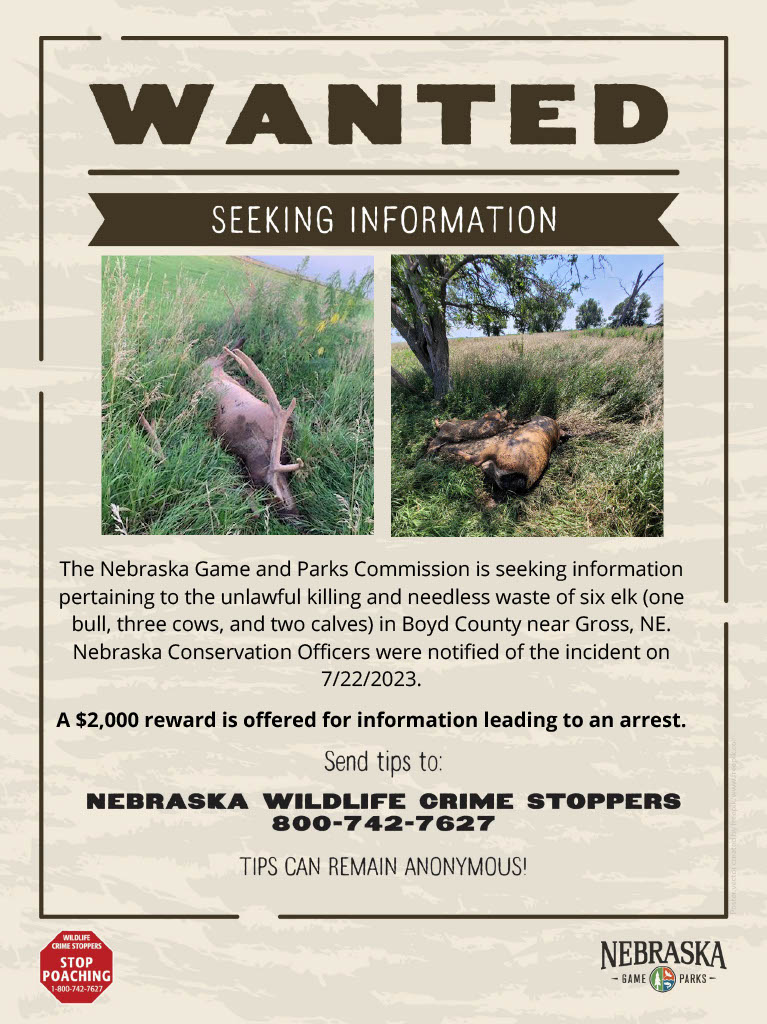
Another way to donate to wildlife and wildlife-related efforts and is to buy a ‘cool’ conservation license plate! These funds support conservation of Nebraska’s at-risk, threatened and endangered species, trail maintenance in Nebraska’s state parks and youth education programs pertaining to Nebraska wildlife conservation practices. Check out the plates!
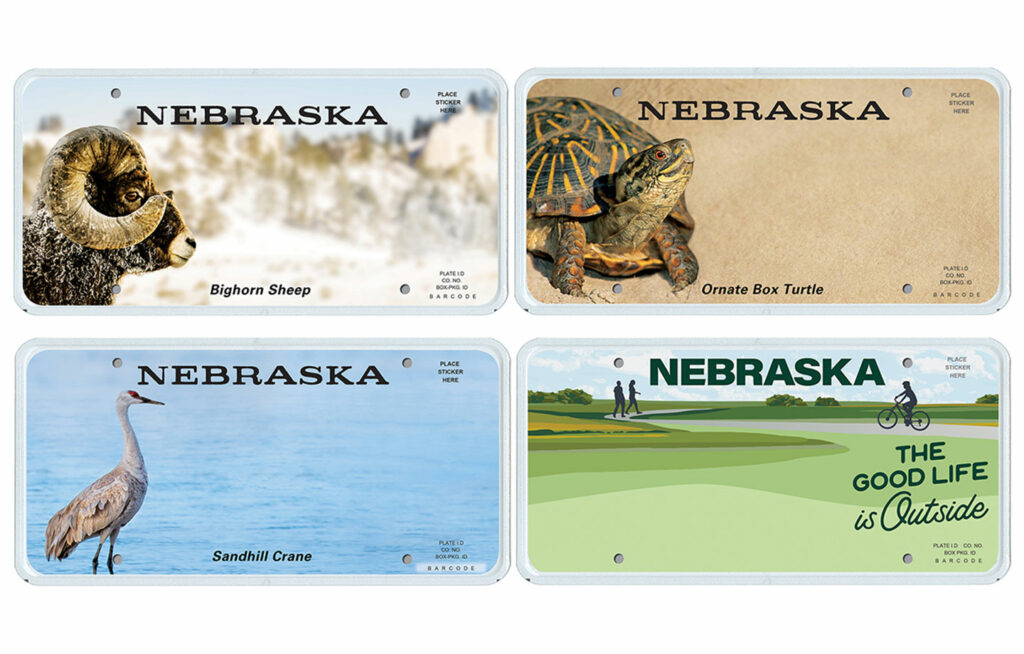
You can get more details on these and other ways to give back to conservation and outdoor recreation in Nebraska at this link.
Season’s Greetings and have a Happy New Year!

 Nebraskaland Magazine
Nebraskaland Magazine
